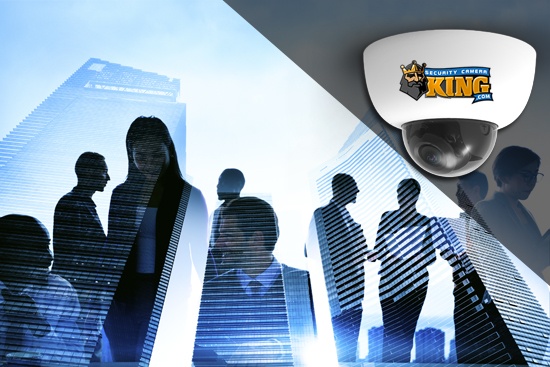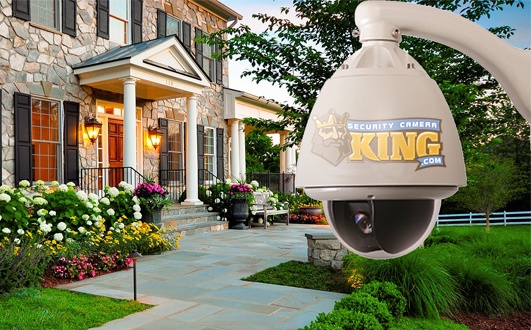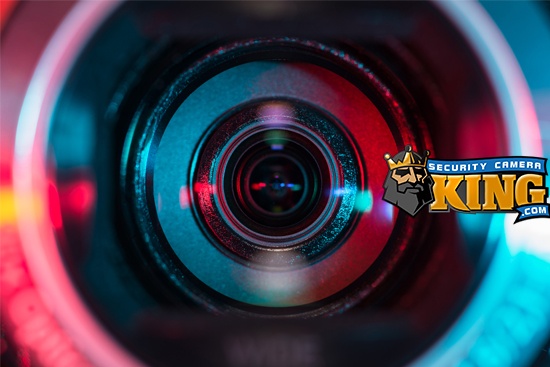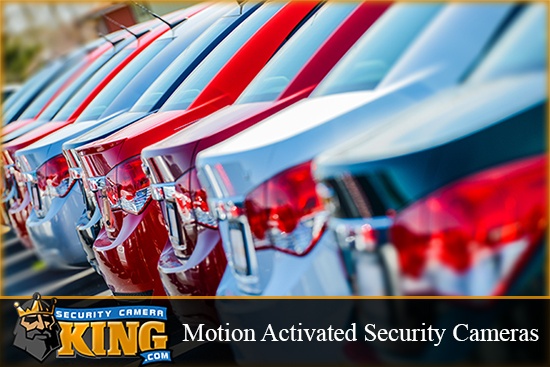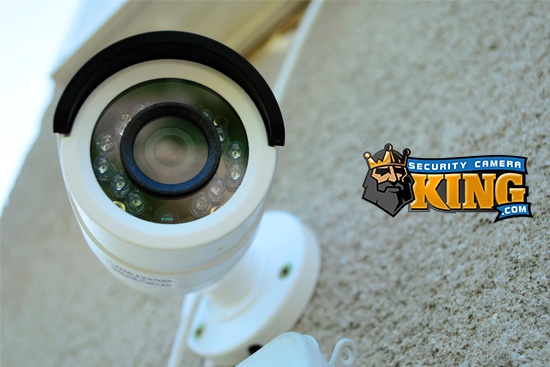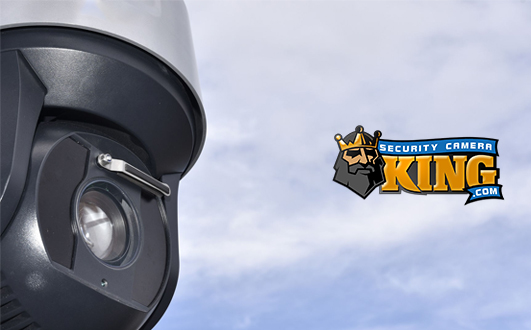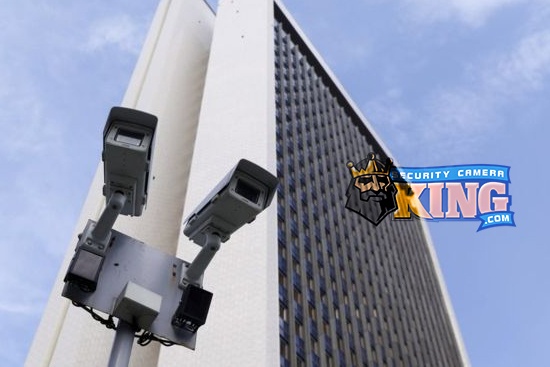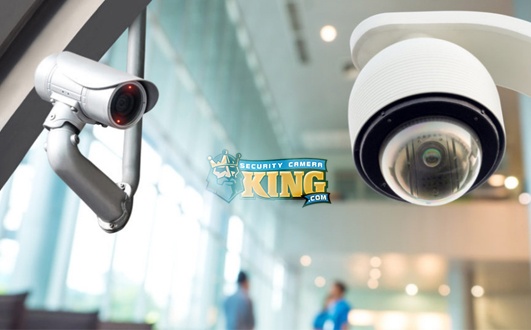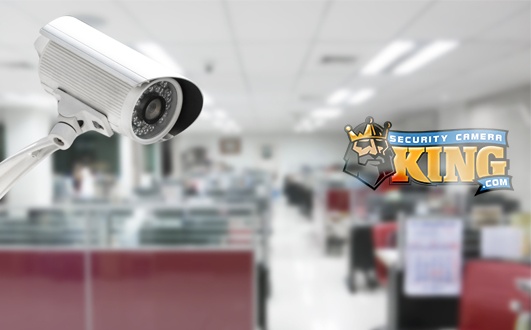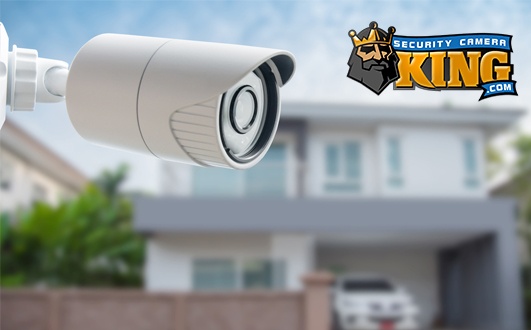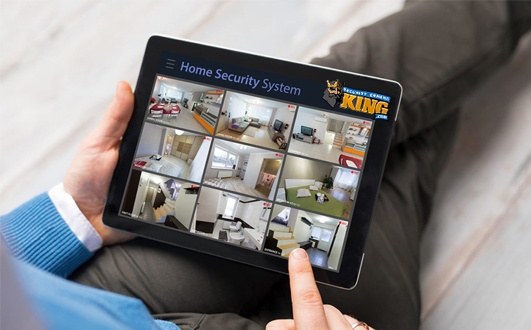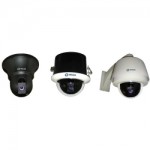 Many times, when people think about adding security cameras to their home or business, they mainly consider the outside. Indoor security cameras are just as important as outdoor security cameras, however. In both residential and commercial settings, indoor security cameras can help to prevent crime and help home or business owners to properly monitor their property at all times.
Many times, when people think about adding security cameras to their home or business, they mainly consider the outside. Indoor security cameras are just as important as outdoor security cameras, however. In both residential and commercial settings, indoor security cameras can help to prevent crime and help home or business owners to properly monitor their property at all times.
Why Do I Need Security Cameras Inside My Home?
Although many homes rely solely on security cameras that monitor and record activity on the outside of the house, indoor security cameras are important as well. Indoor security cameras allow you to monitor the activity inside your home, and with some security systems, you can even watch the footage from your indoor security cameras from your laptop or mobile phone while you are away from home, whether you are right down the street or on the other side of the world.
Indoor security cameras help to capture more footage in the unlikely event that your house is broken into. This footage can help to have the culprit caught and arrested, and it could lead to the recovery of your stolen property. Although outdoor security cameras are helpful for these surveillance purposes, an indoor security camera can sometimes capture video that is much more clear, making it easier to identify an individual.
Indoor security cameras can also work as a “nanny cam,” allowing you to supervise the activities of your nanny or babysitter. Many people feel uncomfortable leaving the care of their children in the hands of a complete stranger, but an indoor security camera can give you peace of mind as it allows you to see how your nanny treats your children and your home when you are away. Indoor security cameras also work to monitor the activity of maids or other service people, allowing you to catch someone who is dishonest in the act.
In some cases, indoor security cameras can also function to allow you to better supervise your children. If your child comes home by himself after school, an indoor security camera can allow you to see that your child is safely at home after school, all from your work computer, laptop or even your mobile phone. Indoor security cameras also help with the safety of your children, as they can help parents catch teenagers who arrive home after curfew or who sneak out of the house late at night.
Why Do I Need Security Cameras Inside My Business?
Indoor security cameras are an absolute necessity at any business, whether it be a tiny office or a large retail store. Indoor security cameras are relatively inexpensive to install, and the money they can save a business owner easily pays for the cost of the cameras and the installation.
If you have employees working at your business, indoor security cameras are a must. Employees who know they are on camera are usually more honest and less likely to attempt to steal money or merchandise from their employer. Indoor security cameras also boost productivity in the workplace, as your employees know that they will be caught if they begin slacking off on the job. It is important to watch the footage from your indoor security cameras frequently and reprimand employees when necessary, or the purpose of your indoor security cameras is defeated.
Obviously, employees are not the only dishonest people that you should be concerned about in a business setting. In the event that your business gets robbed, an indoor security camera greatly increases the chances of the robber getting caught and arrested. Indoor security cameras can also capture footage of any other foul play in the workplace, such as an altercation between employees or customers.
Petty theft and shoplifting cost many businesses a lot of money each year. It can be difficult to keep an eye on all of your customers at once, particularly when you are busy waiting on customers, doing paperwork or completing other tasks. Properly placed indoor security cameras are a great aid in loss prevention. If you are able to monitor your indoor security cameras throughout the day, you will be surprised by the amount of theft that you will be able to reduce. In fact, in large retail stores or in high crime areas, it might be worth it to pay someone to monitor your indoor security cameras during business hours, as the amount of loss you will be able to prevent just might be more than enough to pay that person’s paycheck. Indoor security cameras allow business owners to hold people responsible for their actions, and they help police to better do their jobs in the event that an investigation or arrest is required.
What Are The Different Types of Indoor Security Cameras?
There are several available options when it comes to indoor security cameras, and each option has its own set of pros and cons. Use common sense and good judgement when shopping for indoor security cameras to suit your home or business’s individual needs.
One of the most popular types of indoor security cameras are covered, or domed, security cameras. You have probably seen domed security cameras in retail settings and other areas before. Dome security cameras are typically installed on the ceiling and look like a dark, or even black, half circle. Dome security cameras are a great choice because they are non-intrusive, as they are safely tucked out of way overhead. These cameras are also sleek and attractive, and they do not take away from the appearance of your home or business at all.
Pan/tilt/zoom cameras are a bit more expensive than some other types of indoor security cameras, but they can be very useful. Pan/tilt/zoom indoor security cameras can detect motion and will “follow” an individual in order to capture good footage. It is not always necessary to have pan/tilt/zoom cameras in every area of your home or business, but having a few in key locations is never a bad idea.
Hidden security cameras are small and discreet, and they can be hidden in signs, smoke detectors and other discreet places. Hidden security cameras can be a great way to catch someone in the act, as they will have no idea they are being videotaped unless you tell them. However, because of their small size and because of some of the interesting places where hidden security cameras are sometimes hid, they do not always provide the best picture. Hidden security cameras often work best when used in conjunction with other indoor security cameras.
Fake security cameras, or dummy cameras, are designed to look just like a working security camera, although they do not work at all. Fake security cameras should never be substituted for real ones, but a few realistic-looking fake security cameras that are mixed in with your real cameras may help in deterring crime.
Wireless indoor security cameras are a must in many situations, and they are available in several styles. When shopping for indoor security cameras, your options truly are endless. The best course of action is to mix a few different types in order to achieve maximum results.
How Many Indoor Security Cameras Should I Have and Where Should They Be Placed?
Although it is obvious that indoor security cameras are an important part of any residential or commercial security system, it can be difficult to estimate just how many cameras each individual home or business needs. Several factors must be taken into consideration when determining the amount of security cameras required in each individual setting.
A home in a safe neighborhood certainly does not require indoor security cameras in every room, and some people would feel that monitoring the activity of each room of the house is a breach of privacy for other family members. In most family homes, placing an indoor security camera near each door that leads outside is sufficient, although some may feel more comfortable if each window on the lower level of the home can be viewed in security footage.
Families who are also using their indoor security cameras as nanny cams will obviously need to install more cameras. In this situation, it would be advised to install indoor security cameras in each room where the babysitter or nanny and children will frequent, including the nursery, each child’s bedroom and common areas, such as the living room and kitchen. If it makes a family with small children feel more comfortable, it is OK to install indoor security cameras in each room in the house, except for the restrooms. Once it is established that your babysitter or nanny is responsible and honest, you can slowly turn the cameras off in some of the less common areas of the house; if the cameras are still in place, the nanny or babysitter will never know that she isn’t on camera, but the privacy of other family members is then preserved.
In a business setting, far more surveillance is necessary than in a residential setting. Indoor security cameras should be placed near every doorway. Ample surveillance of the front counter or cash register area is a necessity. Test your indoor security cameras and make sure that you can get a good view of the cash register and of anyone standing around it, from all angles; if you can not clearly see the entire area on your monitor or TV screen, it is important to add more cameras. Ample surveillance of each private office, storage room and any area where money or valuable items are kept is also important.
In a retail setting, it is imperative to have enough indoor security cameras installed so that you can accurately and clearly monitor the entire store, just from your monitor or TV screen. In order to prevent shoplifting, it is important that each aisle of the store is properly monitored. Although you shouldn’t and can’t monitor individual dressing rooms or bathrooms, it is important to have ample surveillance at the entrances and exits of these areas, as they are the two most common areas where potential shoplifters hide their goods. Any suspicious behavior from a customer going in or coming out of a restroom or dressing room should be addressed, as many customers are notorious for putting extra clothing on underneath their street clothes or smuggling items into large purses, backpacks and even diaper bags. Make sure that every unpaid item that goes into your dressing room comes back out to prevent loss of profit.
Once you have installed ample indoor security cameras to accurately and clearly monitor your home or business, you are well on your way to having a safe and secure building. Remember that other security measures should always be taken seriously as well, such as outdoor security cameras and alarm systems, in order to keep your family and yourself or your employees and your customers as safe as possible.
For further information, please do not hesitate to contact us.

